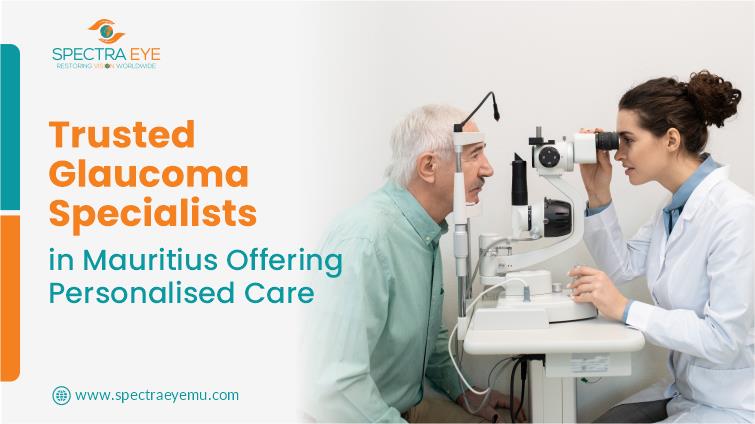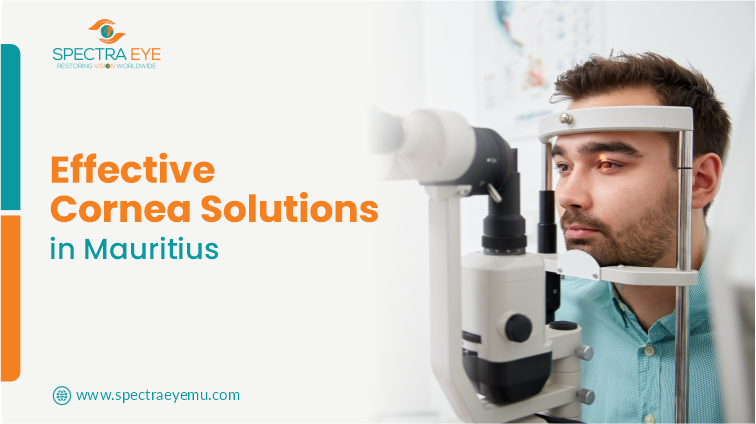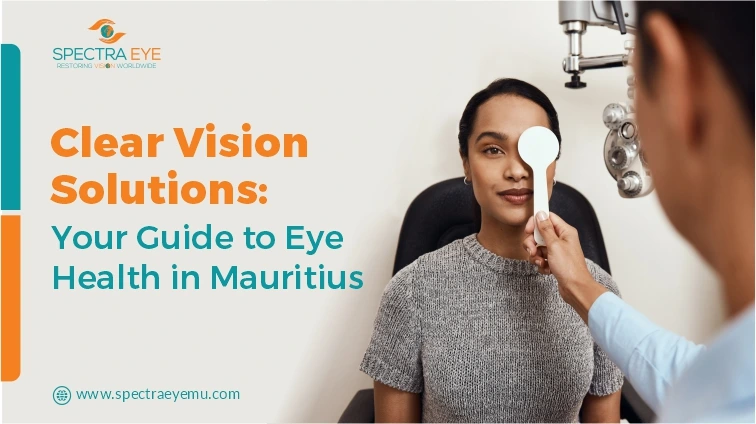Blogs

Night Blindness (Nyctalopia): What It Is, Causes & Treatment
Struggling to see in dim light or darkness? You might be dealing with night blindness or nyctalopia. It's more than just a nuisance—it can seriously affect your day-to-day life, especially when driving or moving through poorly lit areas. Knowing what triggers it and the treatments available is key to handling this condition. Don't overlook the importance of managing night blindness for a better quality of life.
What Is Night Blindness?
Night blindness, scientifically referred to as nyctalopia, presents challenges in discerning objects in low-light environments due to difficulties in the eyes' adaptation to varying levels of brightness and light detection. This condition serves as an indicator rather than a standalone ailment, signaling underlying eye disorders. Manifesting at different stages of life, it underscores the diverse range of conditions affecting ocular functionality, with some forms surfacing in childhood and others emerging later in adulthood.
Night Blindness Causes
This condition can stem from various underlying night blindness causes, including:
- Cataracts: Clouding of the eye lens obstructs light, leading to impaired vision, especially in low-light conditions.
- Myopia (Nearsightedness): Difficulty seeing distant objects clearly can affect night vision due to improper focusing of light.
- Vitamin A Deficiency: Essential for retinal function, lack of vitamin A can hinder the eye's ability to adapt to dim lighting.
- Diabetes: Uncontrolled blood sugar levels may damage blood vessels in the retina, affecting night vision over time.
- Zinc Deficiency: Zinc plays a role in retinal health; deficiency can impact the eye's ability to perceive low-light environments.
Night Blindness Symptoms
Identifying night blindness symptoms is crucial for early detection and intervention. These may include:
- Strain to see in dimly lit environments or darkness.
- Delayed adaptation to low-light conditions.
- Peripheral vision impairment during nighttime activities.
- Excessive squinting or difficulty focusing at night.
- Glare sensitivity, especially in low-light situations.
- Reduced ability to discern objects in the dark.
- Challenges navigating unfamiliar or poorly lit areas after dusk.
- Impaired depth perception in low-light settings.
- Increased risk of accidents or stumbling in darkness.
- Difficulty driving or reading road signs at night.
Risk Factors Associated
Night blindness is more likely to happen if you have any of the following issues:
- Vitamin A deficiency due to poor diet or absorption issues.
- Age-related macular degeneration, affects older individuals.
- Retinitis pigmentosa, a genetic condition affecting vision in darkness.
- Cataracts obstruct light from entering the eye.
- Diabetes, leads to diabetic retinopathy and vision complications.
- Refractive errors like nearsightedness or astigmatism exacerbate night vision.
- Excessive alcohol consumption temporarily impairs night vision capabilities.
Night Blindness Treatment & Diagnosis
It's crucial to seek a thorough assessment from an eye specialist to uncover the root cause of night blindness. This typically involves a comprehensive evaluation, including a review of medical history and various eye tests assessing visual acuity, refraction, and eye structure abnormalities.
Night blindness treatment options vary depending on the underlying cause:
Corrective measures, such as glasses or contact lenses, may help manage myopia.
Cataract surgery can restore vision by removing the cloudy lens.
Medication adjustments may be necessary to alleviate drug-induced night blindness.
Vitamin A supplementation and dietary modifications can address deficiencies.
Preventive measures such as monitoring blood sugar levels and consuming a balanced diet rich in antioxidants and vitamins can help prevent night blindness.
Prevention Tips
In addition to seeking appropriate medical care, individuals can take proactive steps to prevent or manage night blindness:
- Maintain a balanced diet rich in vitamin A and antioxidants.
- Regular eye exams are needed to detect and address vision issues early.
- Wear sunglasses to protect your eyes from UV damage.
- Limit alcohol consumption to preserve night vision capabilities.
- Manage underlying health conditions like diabetes to prevent complications.
- Use proper lighting in home and work environments.
- Avoid smoking, which can harm vision and overall health.
- Follow medication instructions and discuss side effects with doctors.
- Practice safe driving habits, especially at night or in low light.
Conclusion
Experiencing night blindness can greatly challenge a person's ability to navigate in low-light environments, increasing safety concerns. Timely diagnosis and night blindness treatment are vital for managing the condition and averting further complications. Understanding night blindness causes, symptoms, and available treatments empower individuals to safeguard their vision and overall health. If you suspect this condition, seek evaluation and personalized night blindness treatment from an eye specialist. Remember, preserving eye health is key to sustaining a good quality of life and ensuring safety.
Recent Blogs



